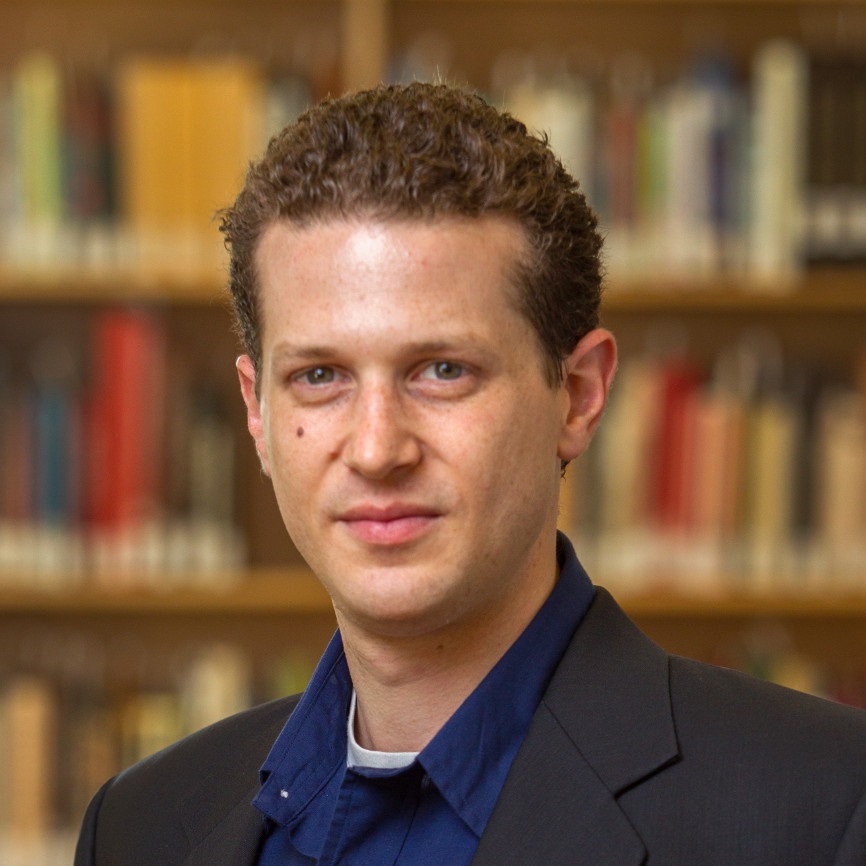Amitai Shenhav, PhD is Assistant Professor of Cognitive, Linguistic and Psychological Sciences at Brown University. Dr. Shenhav joined Brown and BIBS in August 2016.
Tell us a little about yourself. Where are you from? When and why did you become interested in science?
I grew up in Silicon Valley (Northern California). My interest in science (and in cognitive science in particular) solidified after taking classes in psychology and computer science during high school, so much so that when I enrolled at UC Berkeley for college I was one of the rare people at the time who was already determined to major in cognitive science. While this is how my scientific interests were sparked, they were really sustained and nourished by the valuable mentorship I received in the labs I worked in over the following years, where I gained exposure to a variety of methodologies within cognitive neuroscience and narrowed my research interests.
What research does your lab do?
Our lab studies the motivational barriers to engaging in demanding tasks and how people overcome them. We are specifically interested in answering questions like (1) What makes cognitive tasks effortful? (2) How do people determine that mental effort is “worth” the investment? (3) What makes some people more willing to invest cognitive effort than others? We address these questions using a combination of computational modeling and measures of behavior, peripheral physiology, and neural activity (fMRI, EEG). Our ultimate aim is to understand the computational and neural mechanisms that drive effort allocation, and how alterations in those mechanisms lead to potentially debilitating impairments in one’s ability to motivate effortful thoughts and actions (e.g., in clinical depression).
Why did you chose to come to Brown?
Brown has a unique combination of resources and culture that are ideal for my research interests. There is a wide and deep constellation of BIBS faculty engaging in cutting-edge research on topics directly relevant to my interests (e.g., decision-making, learning, executive function). Moreover, these faculty are highly collaborative and collegial, making it easy to develop projects with colleagues within and across departments. Collectively these factors not only make it easier to develop and hone our research but also to recruit exceptional undergraduate, graduate, and postdoctoral research scientists into our lab.
What do you like to do other than research?
I just became a dad and so my usual hobbies (cooking, traveling, squirrel-watching) have shifted to center on hanging out with our newborn. Sometimes we watch squirrels together.
What advice do you have for the next generation of brain scientists?
I would recommend that they make sure to occasionally step outside of their scientific comfort zone, whether it is in the tools they use, the theories and literature they expose themselves to, or the particular scientists they interact with. Some of the most exciting work comes out of taking a different perspective on one’s own work. Attend talks or conference symposia that you might not normally be inclined to; visit other labs, departments, and universities; seek out feedback and mentorship from those outside your usual circle.
